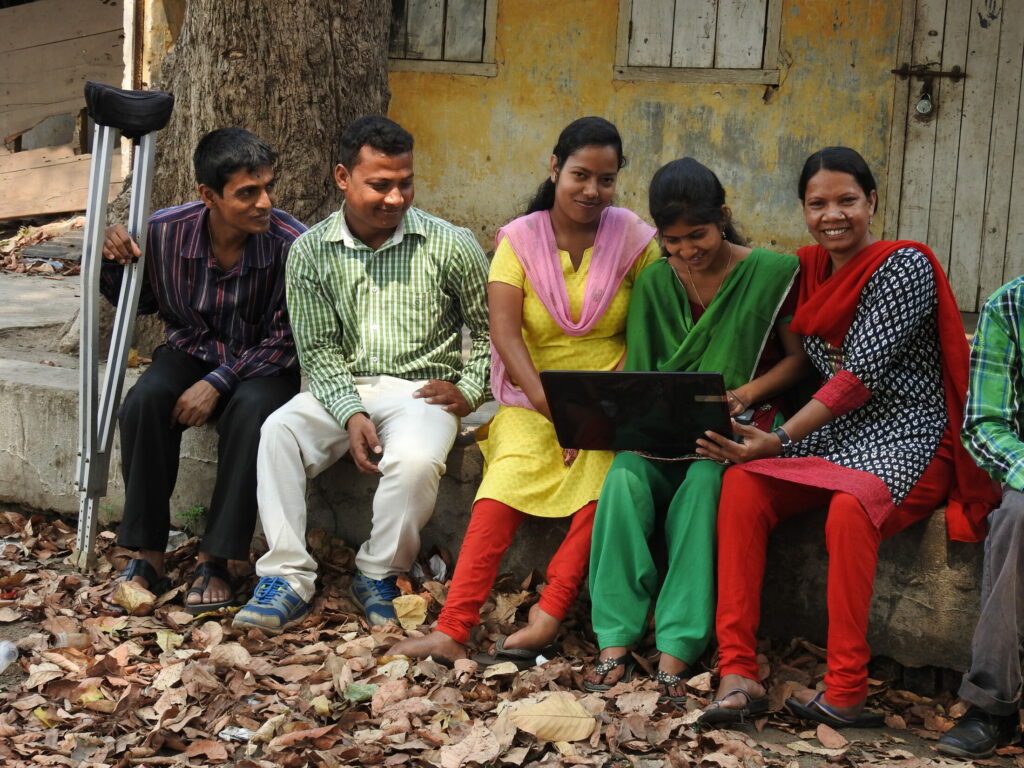Child nutrition tips
Child nutrition tips
03/31/2022
Today, March 31st, World Health and Nutrition Day, we made a selection of super useful and specific tips for children, shared by our Carolina Maaloouf, nutritionist at Pro Criança Cardiac. We love following the posts and highly recommend them to families.
Enjoy!
Is eating routine important?
For sure. Routine is fundamental to a child’s development in several areas, including when we talk about nutrition. When this routine is followed by the whole family, it becomes even more effective.
The child must be used to having regular breaks between meals. Furthermore, it is important not to offer “snacks” during these intervals so that they do not interfere with the appetite when eating. Of course, we are not talking about rigid schedules without exceptions. The guidance is valid for everyday life.
Also remember that there will be times when the child will be less hungry, perhaps a little uncomfortable or have other symptoms that will interfere with their eating routine. And that’s okay. It is also important to know how to understand little ones and respect the signals they transmit to us.
Eating while watching TV or tablet. He can?
It is very common to have a television in the kitchen, watch a program at mealtime and eat while watching TV. But how does this affect your children’s relationship with food?
Many children today are born glued to their screens, be it TV or cell phones. However, eating together with the screen disconnects the child from family time and eating.
The distraction of digital devices disrupts the perception of hunger and satiety, prevents us from paying attention to textures and flavors and also takes the focus off chewing. The answer is to limit the use of screens from an early age and exclude them at meal times.
Encourage your children’s relationship with food, let them choose at the market, cook with them and let them touch the food. The important thing is to be able to connect with eating time.
What snacks should your child NOT take to school?
Do you need to prepare something for snack time at school and don’t have time to invest in a healthy option? Believe me, investing in industrialized snacks will give you a lot more work in the long run.
When your child gets used to ultra-processed foods, their eating habits will be based on a palate that needs a lot of sugar, sodium and fat, meaning they will become much more selective. Furthermore, the consumption of these foods causes diseases, such as excess weight, hypertension, cholesterol and diabetes.⠀
Let’s agree, when packing a lunch box, to avoid:
– Refrigerator;
– Box of juice;
– Bisnaguinha;
– Stuffed cookie;
– Industrialized dumplings;
– Chips;
– Bullets.
How about adapting it to natural sandwiches, homemade cupcakes, homemade juices and fruits?
Taking control of your eating habits again is possible and, little by little, we can introduce new, healthier foods to achieve this goal. Taking a little time out of your day to take care of your child’s health can save a lot of time in the future.
Repeat after me: quality is better than quantity
Your child knows how much to eat! Trust that he will be hungry and interested in food, but remember to only give him what is good quality. There’s no point in offering processed foods or snacks that you know he’ll accept in large quantities. This will disrupt your eating habits in the short and long term.⠀
It’s better to worry about quality, and then quantity will be fine! Let’s take care that in the future, what pleases his taste is what is good for his health.
⠀
The role of parents is not to determine portion sizes and when to stop eating. But, yes, provide quality food for your children. Therefore, encourage your child to try different foods, interact with them during the meal and, above all, set an example by eating close to them.
If you manage to create good eating habits with your child, he will grow up having a good relationship with food. This will make him less likely to gain excess weight or develop eating disorders.
Taking care of a child’s nutrition is not an easy task, so ask a maternal and child nutritionist for help!
Related articles


New SGOs Scoring Rules to Be Applied in 2026
